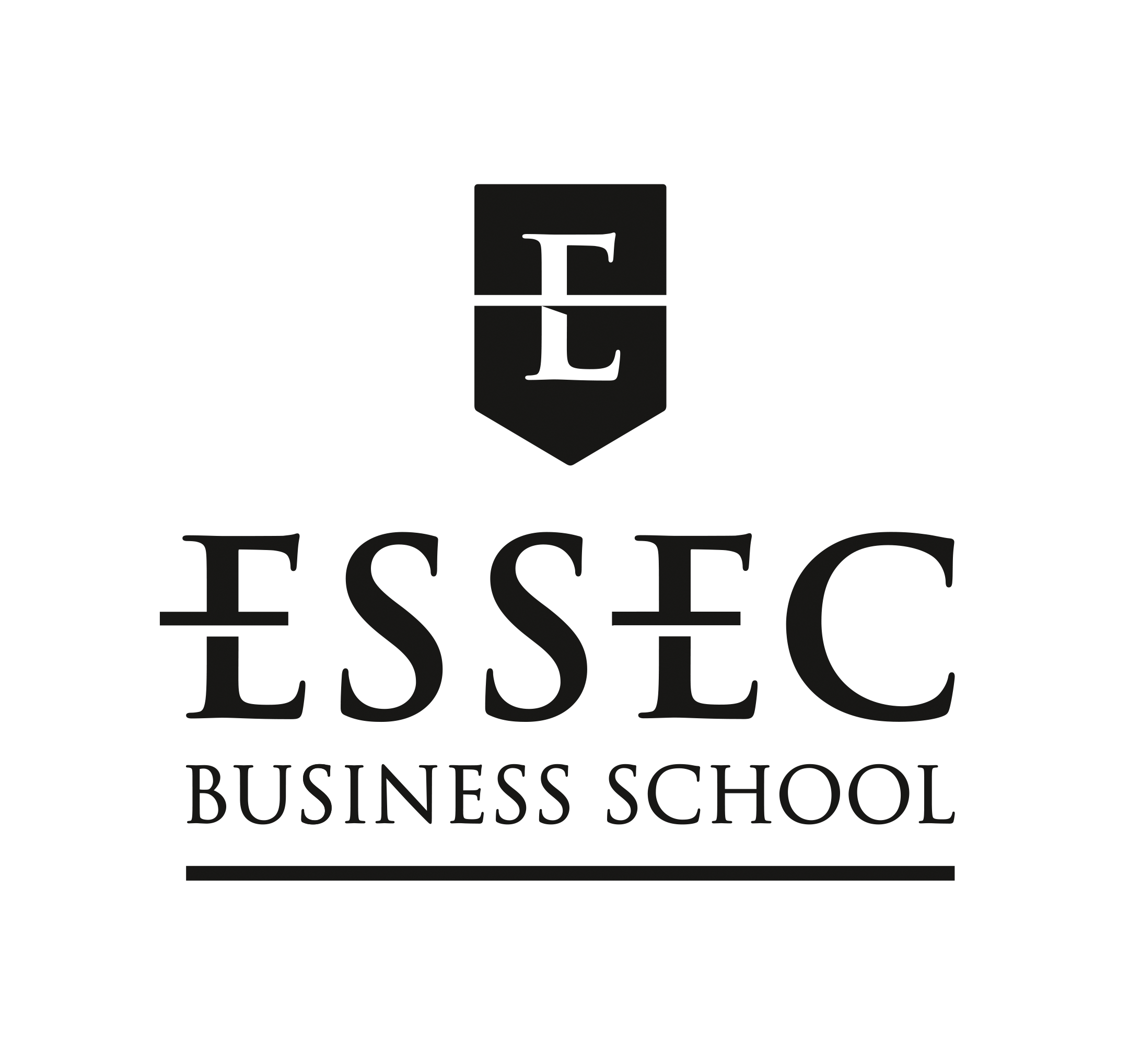Fourth-year Global Bachelor of Business Administration (GBBA) student Peter Bjerkén was lured to the ESSEC International Business Education Alliance (IBEA) program by the prospects of traveling the world and studying at some of the top schools in the world—the University of Mannheim in Germany, Fundaçao Getulio Vargas in Brazil, and University of South Carolina in the USA.
Today, having completed the IBEA program, his global profile of having lived and worked in the USA, Denmark, Germany, Singapore, and Brazil is catching the eye of recruiters, giving him a head start in the work world.
Tell us about yourself—what are you doing now that you’ve completed the IBEA program?
I’m currently in my last year at ESSEC. Throughout my studies, I’ve worked part-time for a software company and am now at Deloitte, interning in the audit and assurance department. When I graduate, I have a position in a graduate program with Novo Nordisk to do international operational finance. I’ll start in Denmark for the next eight months and do three rotations in three different countries over the next two years.
How did the IBEA contribute to helping you secure these employment opportunities?
Whenever I tell anyone about the IBEA program, they say, “Wow, that’s incredible.” They are super interested in me. For example, when I found my job as a financial controller during my semester at the University of South Carolina, the interview was a relatively straightforward process as I had a diverse background that the company was interested in. It was the same for my internship with Deloitte, where I will start my graduate program.
Besides this, I think the IBEA program also gives us a lot of opportunities to work with people from around the world. It teaches us to appreciate the uniqueness of people from different backgrounds, which I think is a great skill when working in teams.
How does the Singapore campus compare to the other schools you studied at?
The campus is relatively small, so you feel like you have a little family. You can ask the professors questions and get them answered immediately, and they’ll know your name by the end of the lesson. It’s adorable because elsewhere, in a lecture hall of 200 people, you won’t have that intimate experience.
What is it like being part of the IBEA program?
Some of the most intelligent people I’ve ever met have been from the IBEA program. That said, the program is not just about studying and trying to achieve academic excellence—it’s also about having fun with the people around you.
Interacting with them, I’ve definitely become more outgoing. I used to be a bit conservative about trying things, but having been to so many countries, I’ve come out of my bubble and am more willing to try new things!
What’s one of the best memories you have had?
The semester in Brazil was done virtually at first, so my IBEA friends and I took the opportunity to travel to Spain together and do our classes remotely. That’s the nice thing about the IBEA program—you become such good friends with your cohort that you find these opportunities to do things together and help each other improve.
What are your tips for students looking to get into the IBEA program?
I think one of the most important things is your grades. My best advice for getting a good grade is to structure how you study. If you put in the effort right from the beginning and plan your habits and routines around learning, you can be accepted into the IBEA program.
RELATED POSTS
MiF Student Emmanuelle Roussi: Global Journey from Engineering to Finance with ESSEC APAC
Follow Emmanuelle Roussi’s path from electrical engineering to finance, and how ESSEC Asia-Pacific supported her career transition.
MMD Student Vanessa Lai: From Global Paths to Purposeful Branding
Vanessa Lai’s MMD story on building global perspective in branding, fashion and the figure of luxury marketing.
From Law to Strategy: SMIB Student Mara Mittelman’s Global Business Journey in Singapore
ESSEC's Master in Strategy & Management of International Business Student Mara Mittelman from France shares how the program is a stepping stone to a…
GBBA Student Victoire Le Roy: A Journey of Leadership, Internships, and Marathons
French national Victorie Le Roy has fully embraced student life at the Asia-Pacific campus—from her role in the Student Council to her internship at…
GBBA Student Li Hanyu: Combining Classroom Knowledge and Real-World Experience
Discover how Li Hanyu is shaping her academic path at ESSEC with real-world experience at DIDI and an exciting exchange at NTU
GBBA Student Nithikasri Ravi: From Science to Business and Beyond
Attracted by ESSEC’s world-class education and focus on entrepreneurship, Nithikasri Ravi transitioned from a science background to pursue business…








